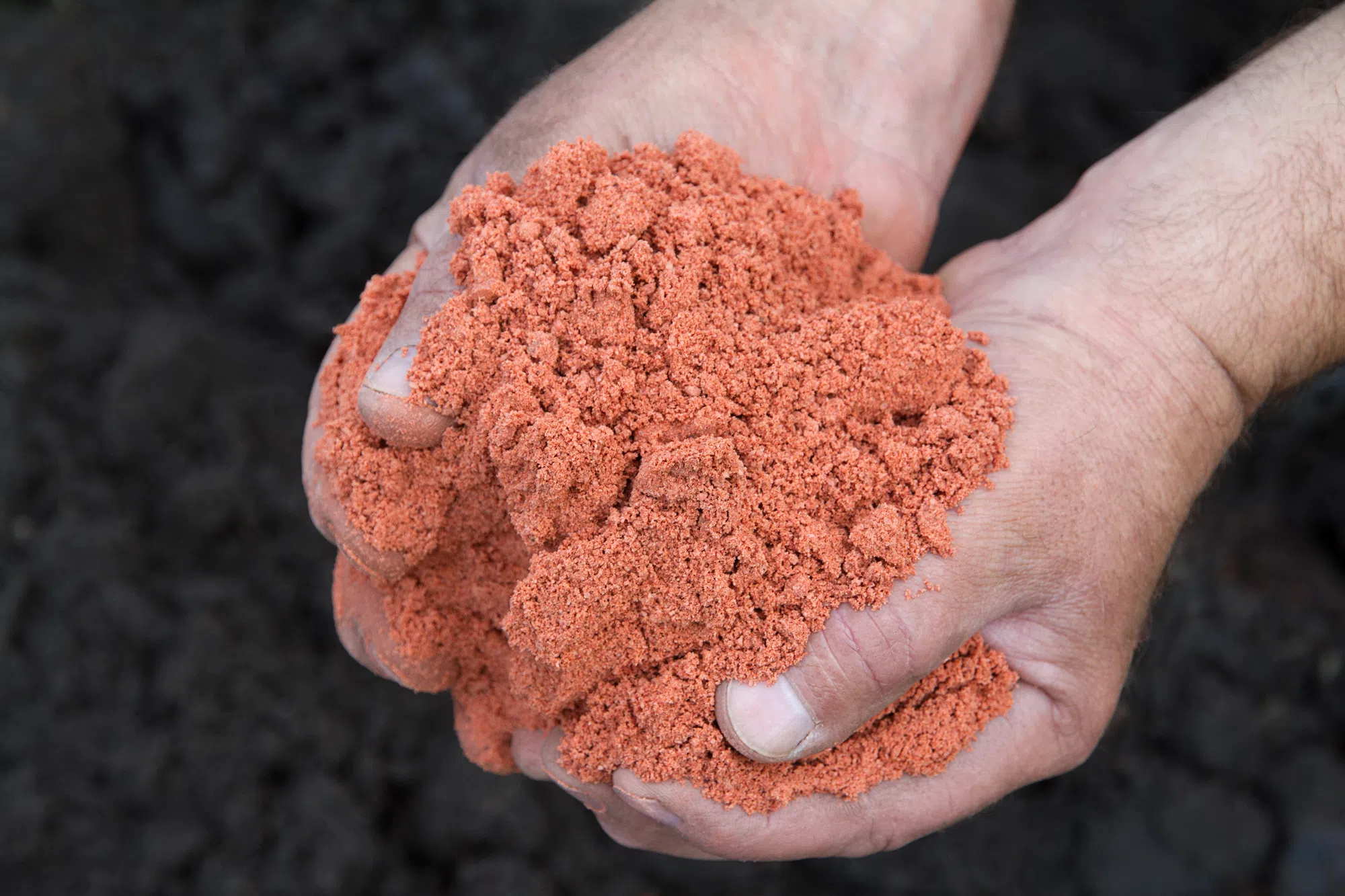
idvn / Depositphotos.com
The Fertilizer Institute praised members of Congress in both chambers for joining a letter sent to Department of the Interior Secretary Doug Burgum in support of phosphate and potash being included on the U.S. Geological Survey’s list of critical minerals. The letter, a bipartisan and bicameral effort led by Senators Joni Ernst (R-IA) and Elissa Slotkin (D-MI) and Representatives Kat Cammack (R-FL) and Jimmy Panetta (D-CA), included 41 members from Congress.
“We thank Senators Ernst and Slotkin and Representatives Cammack and Panetta for working together and uniting a bipartisan voice urging the Secretary of the Interior to rightfully recognize the essential nature of phosphate and potash,” said TFI President and CEO Corey Rosenbusch. “The majority of the world’s phosphate and potash resources are concentrated in only a few countries, leaving them open to supply chain vulnerabilities and geopolitical instability. The events of the past few years have shown us that food security is national security and now is the time to change how we talk about these vital resources.”
The United States imports roughly 98% of its potash needs, the bulk of which, about 85% from Canada. Only 14 countries in the world produce potash, with China, Belarus, and Russia accounting for over 40% of global production. Regarding phosphate, China and Russia account for over 50% of global production.
The letter to Secretary Burgum makes the case that phosphate and potash clearly meet the criteria to be defined as a critical mineral and noting that, “…their significance for U.S. national security, food security, and American farmers is especially critical…”
“Without these two minerals, modern agricultural systems would crumble and the ability to feed our growing population would be nearly impossible,” Rosenbusch concluded. “It is vital that we take proactive steps to secure our own agricultural future by recognizing the role these minerals play in putting food on our tables.”
TFI news release




Comments